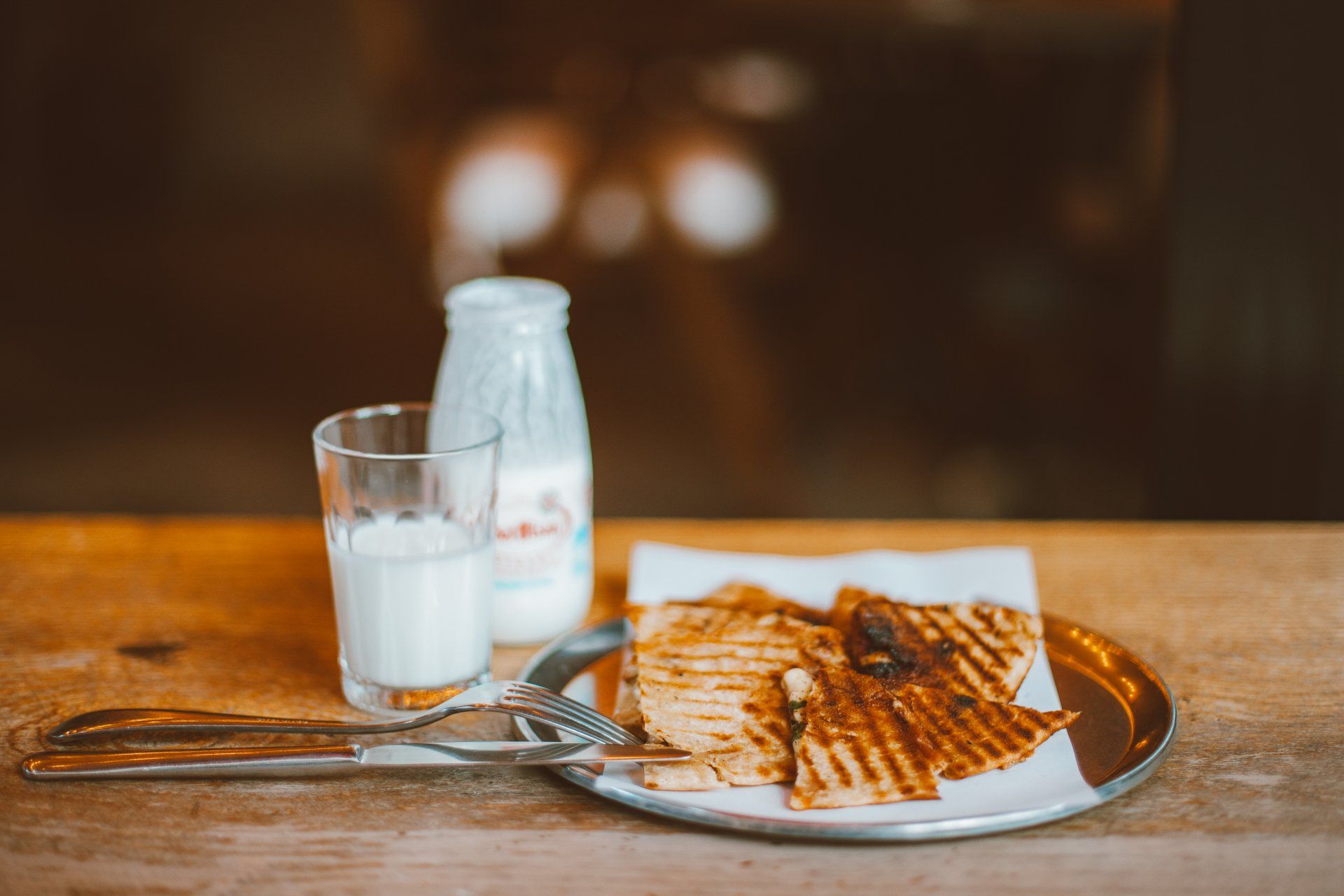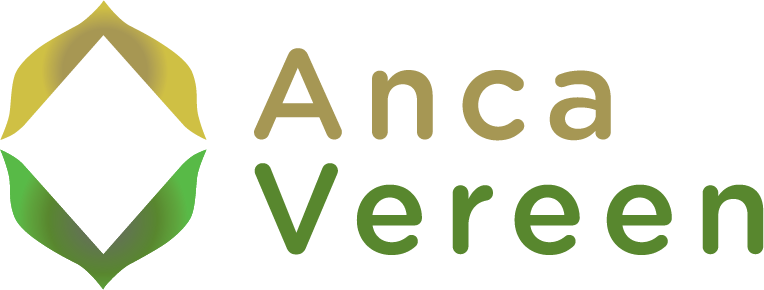Lactose Intolerance Symptoms & Information
ANCA VEREEN • January 14, 2022
Struggling with lactose intolerance?

Join the club as most of the world is. After the age of 4 the gene that produces lacteze (enzyme that breaks down lactose) MCM6 switches off. This can lead in various degrees of lactose intolerance and associated symptoms.
Did you know that about 90% of Asian population are lactose intolerant?
More specifically
• Chinese and Japanese lose 80-90% of lactase activity within 3-4 years ager weaning
• Jews and Asians lose 60-70% over several years post-weaning
• White Northern Europeans can take up to 18-20 years for lactase activity to reach its lowest expression
• 70% of the world population has lactase non persistence (reduced levels of lacteze) but not all are lactose intolerant
As you can see some people can still digest small amounts of lactose while others are completely intolerant pending their genetics as well as the health and function of their digestive tract and microflora.
Symptoms of lactose intolerance include:
• Bloating
• Nausea
• Gas
• Gurgling
• Cramping
• Diarrhoea
Want to find out if you are lactose intolerant? Try this test drink a cup of milk on an empty stomach and see what happens. If you get above listed symptoms, then you are part of the lactose intolerant club.
It is not all bad news through…
Most people although lactose intolerant from a genetic perspective can digest small amounts of lactose without any symptoms.
Foods that contain the highest levels or lactose in this order include:
• Milk
• Yogurt
• Soft cheese
• Hard cheese
• Butter
If you struggle with lactose intolerance you should particularly avoid milk, yogurt and soft cheeses. You may find that you are likely ok with butter and hard cheeses and that you can tolerate dairy when combined with other foods. For example, a yogurt with oats, nuts, and berries. You can also consider taking a lacteze supplement with these foods.
Studies have shown that with repeated exposure to the same food and amount of lactose containing food… let’s say yogurt, your gut bacteria can adjust and end up supporting better breakdown of lactose, meaning you are less likely to experience symptoms.
For those that can tolerate dairy I encourage consumption of fermented foods such as yogurt, kefir and feta cheese rather than milk, cream, custards and yellow cheese. Fermentation helps break down the lactose which will make it easier to digest. Further it enhances nutrients content and delivers a rich source of probiotics which can support good gut health.
Start small and increase consumption gradually until you manage 200g of yogurt per day and 40g of cheese. Start with 50g yogurt and add 20-30g every 2-3 days until you reach the recommended amount.
If reducing symptoms associated with eating dairy has been difficult then I recommend seeking help from an integrative dietitian who can assess and determine the root cause of these. Please be mindful that sometimes your symptoms may not be related to lactose intolerance and the cause lies elsewhere.
Anca Vereen is an integrative dietitian, nutrition, counsellor, breathing coach and nutrigenomics lecturer. She is currently consulting online and is available for nutrition and lifestyle consultations. To book visit https://www.ancavereen.com/gut-health
For details pls visit https://www.betterhealth.vic.gov.au/health/conditionsandtreatments/lactose-intolerance


Perimenopause creates hormonal unpredictability. Learn how cycle tracking and symptom mapping help women understand their patterns, reduce confusion and make informed health decisions.
cycle tracking perimenopause
symptom mapping women
perimenopause patterns
menstrual cycle changes
women’s health monitoring



